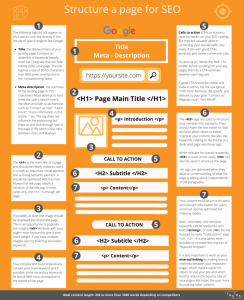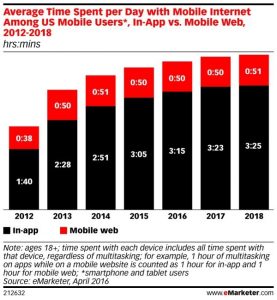Global SEO, Paid-Search Challenges Increasing
Those searching on Google’s engine look for products and services from businesses that may reside in one country but sell into another.
Recently new challenges have surfaced, such as Europe’s General Data Protection Regulation (GRPR), which goes into effect in May. But the old ones still exist. Some of those include strategies based on less familiar search engines and ad unit types, according to a study released this week.
The latest global marketing report from Conductor, which WeWork acquired in March 2018, suggests that global marketers still face serious challenges when it comes to breaking into new markets. To determine the hurdles, Conductor surveyed 130 marketers via email across multiple industries in December 2017 and then again in January 2018. About 31% of the marketers surveyed represent B2B organizations. Another 27.3% of the organizations focus on both B2B and B2C marketing.
Google estimates 3.5 billion searches daily on its engine worldwide, according to the study, citing a Google stat.
The promise of the internet for B2C and B2B marketing has always been the ability to reach into a network of global consumers. The reality is that only a few businesses are truly global. In fact, only 8.3% operate in 100 countries or more. However, marketing is poised for a significant global expansion over the next five years. Less than one third operate in 11 or more countries.
Some 53.3% of businesses participating in the study operate in between two and five countries, and tend to focus on Western search engines such as Google, Google U.K., and Bing. But as global marketing expands beyond the United States and Western Europe into Eastern Europe and Asia, less familiar search engines like Baidu in China, Yandex in Russia, and Naver in South Korea become more significant, along with knowledge of preferred ad formats such as vertical video in Japan.
With different search engines, domain structures, and content management practices across different global markets, technical issues around SEO could serve the wrong content, site, or language to users. Some 30% of global marketers identify website organization and navigation as their biggest challenge. About 52% say they do not feel their team has sufficient training on regional SEO practices. And 45% do not believe their website structure effectively organizes region-specific content to be found by the right audience.
Another major challenge that companies face is the ability to integrate global with regional targeting strategies. Some 45% of global marketers say their marketing strategy is more informed by top-down, global initiatives. About 33% do not believe their teams effectively adjust their content strategies for specific regions. And 43% of global marketers find it difficult to get insight into how their content performs regionally.
The report also provides guidelines on how to take a company’s SEO strategy global.
(30)









